“Ethnographies of Infrastructure” – Inspirations and Future Ambitions from InfraNorth’s Two-Day Workshop in Vienna
By Alexandra Meyer and Sarah Helena Schäfer
Studying infrastructure means to think beyond infrastructure: It is not just about a bridge, a railroad, a ship, but about the people and the hopes and dreams connected to such material aspects of life. This year, we dedicated our second InfraNorth workshop to the topic of “Ethnographies of Infrastructure”. From May 22-23 we brought together distinguished scholars and InfraNorth researchers at the University of Vienna to discuss how focusing on infrastructures brings exciting new opportunities to our research.
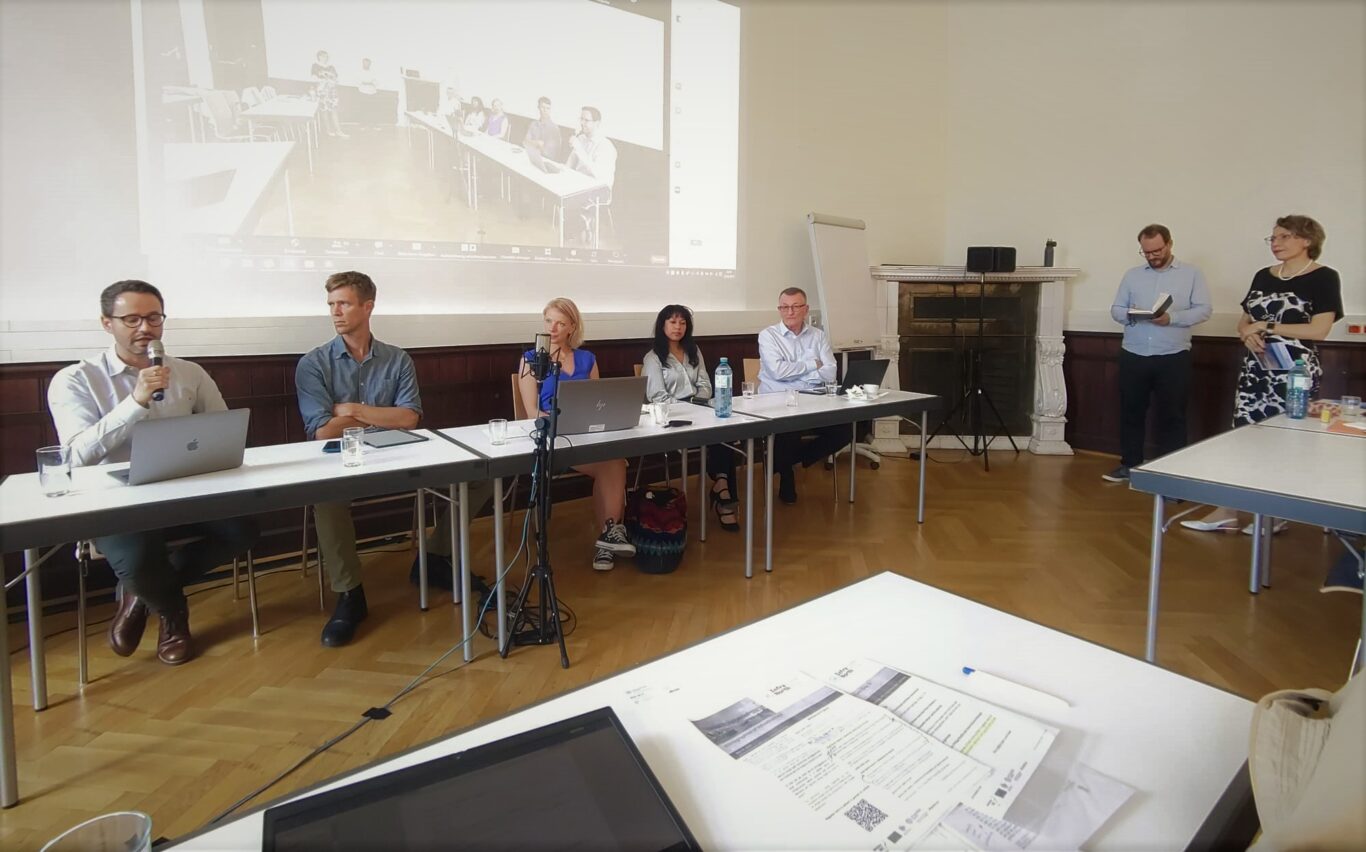
From the Arctic to the Global South
On the first workshop day, we invited a public audience both in-person and online to listen and join in on discussions about nine fascinating presentations as well as a final panel discussion. Starting off, InfraNorth’s project leader Peter Schweitzer (University of Vienna) introduced our work on transport infrastructure and sustainable communities in the Arctic, followed by Ashley Carse (Vanderbilt University) who shared insights from his current research on the expansion of the US shipping port of Savannah and its socio-ecological effects.
Johanna Markkula (Central European University) took our participants on a journey into the world of global shipping by exploring the ship as a methodological and theoretical tool in anthropological studies of infrastructure. Till Mostowlansky’s (Geneva Graduate Institute) dynamic fieldwork on the Pamir Highway in eastern Tajikistan served as an inspiration for his talk about long-term mobility and patchwork ethnography.
Heading north Olga Povoroznyuk (InfraNorth, University of Vienna) gave us first glimpses into her comparative research on Arctic ports, focusing on Arctic coastal communities and global connectivity in her ethnographic research on maritime infrastructure. Mount Everest in Nepal being the site of the “Third Pole” inspired Jolynna Sinanan (University of Manchester) to explore with us “The Moral Economy of Infrastructures in Everest Tourism”.

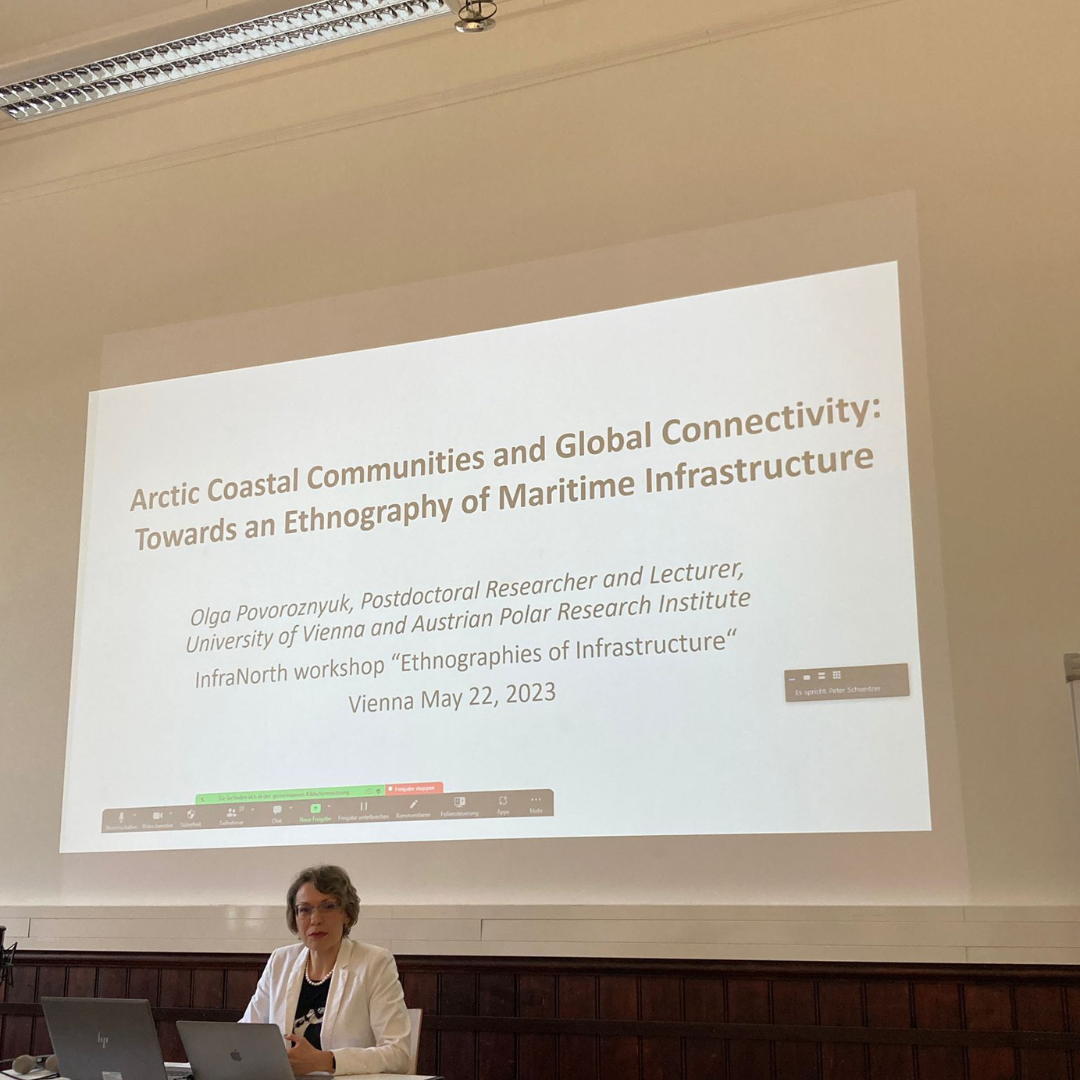

Geoff Aung (University of Vienna) then moved on to a different kind of frontier to Myanmar emphasizing how infrastructure not only serves to connect but also disconnect people and, returning north, Philipp Budka (InfraNorth, University of Vienna) took us to Churchill, Manitoba and Northwestern Ontario speaking about digital and transport infrastructures in remote Canada.
We finally rounded up our first workshop day with a lively panel discussion on how to study infrastructures ethnographically. Filled with inspiration and new insights, we concluded our day by inviting our guest speakers to one of Vienna’s famous “Heurigen”, a traditional wine restaurant at the outskirts of town, where much of our previous discussions were continued over some nice food and wine.
Anthropologists as “Designers”
The second day of the workshop gave participants and guest speakers the chance to go into more depth about “Ethnographies of Infrastructure”. We exchanged ideas on theoretical tools in anthropology when studying infrastructure, the question of how traditional anthropology can capture human and non-human entanglements with material and non-material infrastructure and finally about how we can best use ethnographies of local communities in a globally connected world where political and economic decisions are typically being made by external actors.
Participants mentioned the role of anthropologists as “designers” contributing to meaning-making processes that are inherent in the transformation and creation of spaces where people come together. The discipline’s large archive of studies of different cultures documenting distinct ways of dealing with the environment would allow anthropologists to understand infrastructure in a different way than engineers or architects who tend to focus on its material aspects.
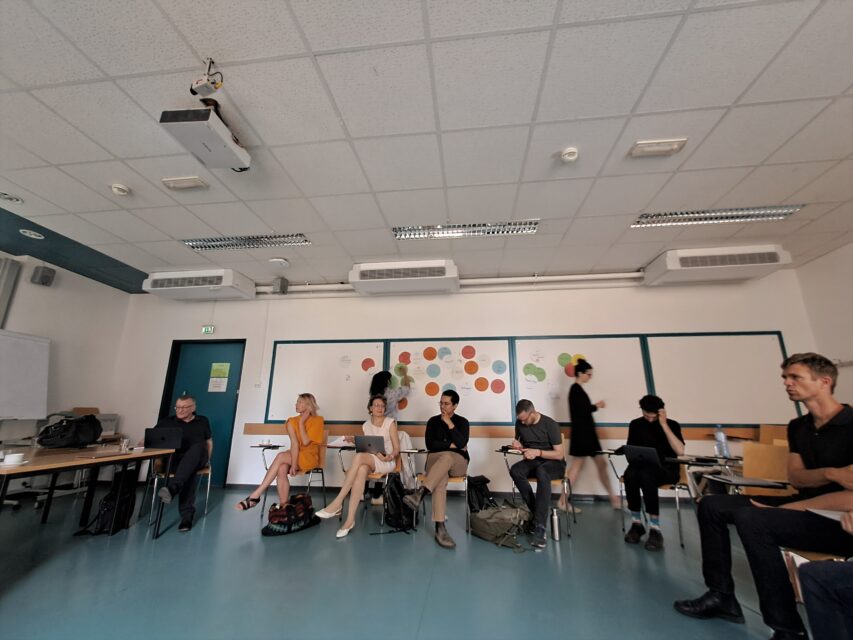
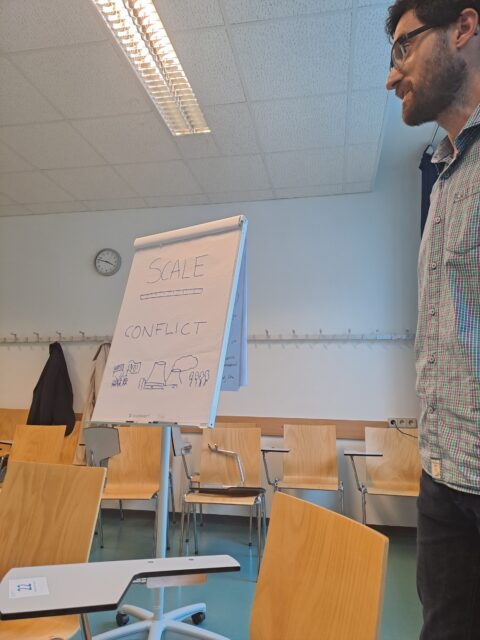
Tobias Holzlehner (InfraNorth, Martin-Luther University Halle-Wittenberg) pointed out that anthropology looks at issues from all sorts of different angles, turning seemingly ordinary and mundane aspects of life into a “familiar strange”. The fine line between material and non-material knowledge was another point of concern – when studying a phenomenon such as ‘fake news’, should we also be able to explain what an algorithm is? Last but not least, power relations oscillating between the local and the global were considered in relation to infrastructure. Whether local sites could serve as transformative catalysts for power relationships or whether political agency was missing completely when studying infrastructure’s impacts on local communities in the field would differ from case to case.
One thing was clear: in anthropology, infrastructure is something more than the material, it has effects and impacts on the lives of people and the anthropologist’s “superpower of sensing the field” helps uncover that and turns the “familiar strange” into a captivating field of study.
Our workshop provided a unique opportunity for researchers to come together, exchange knowledge, and think critically about how and why to study infrastructures ethnographically. Resulting from this, we look forward to planning a special issue on “Ethnographies of Infrastructure” based on the presentations and discussions and we thank all our participants and presenters for their engaging contributions!
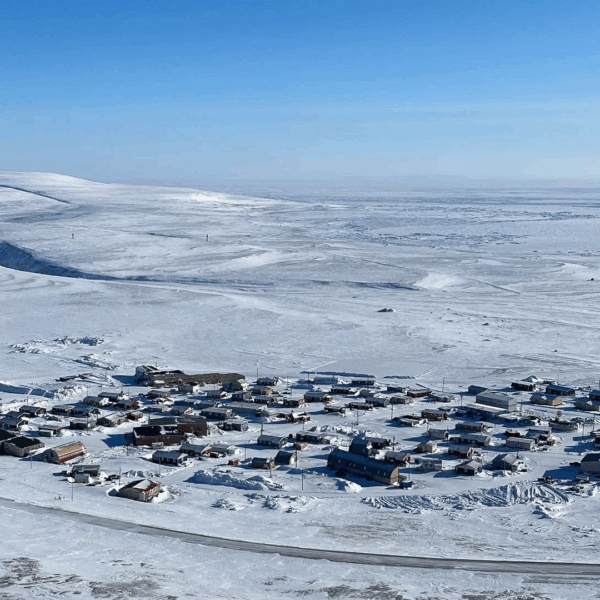
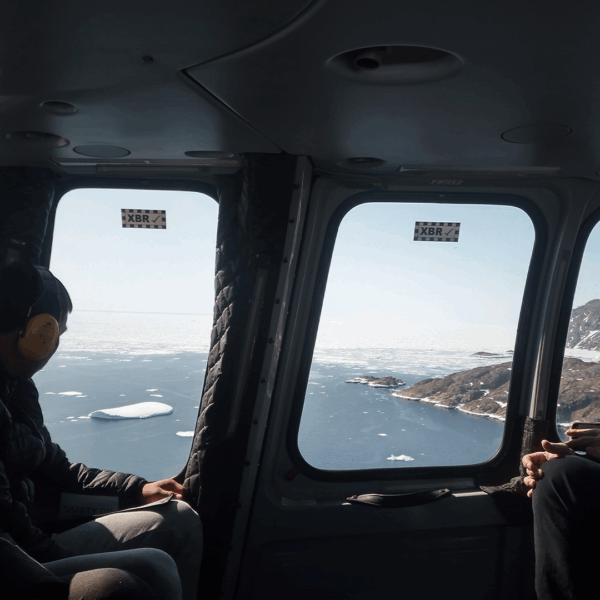
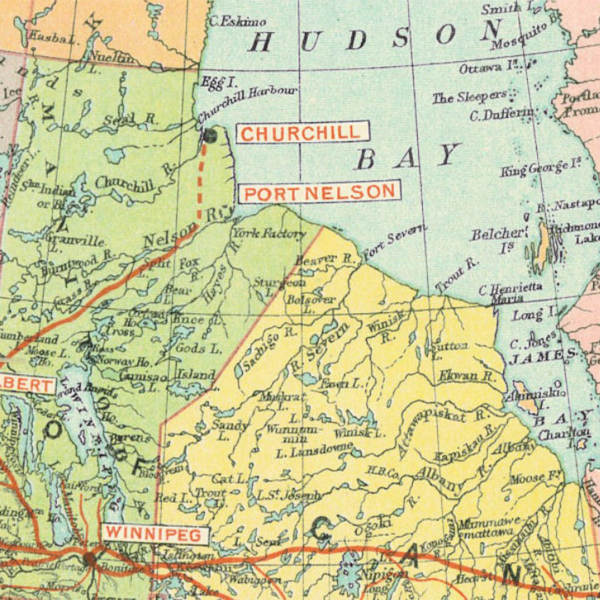

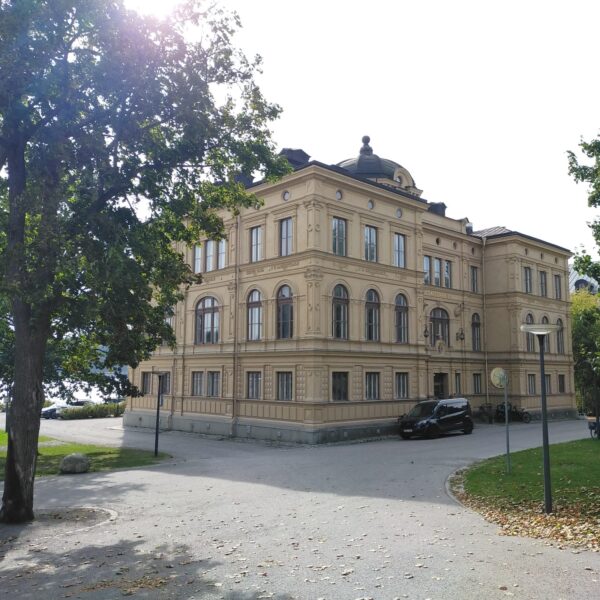
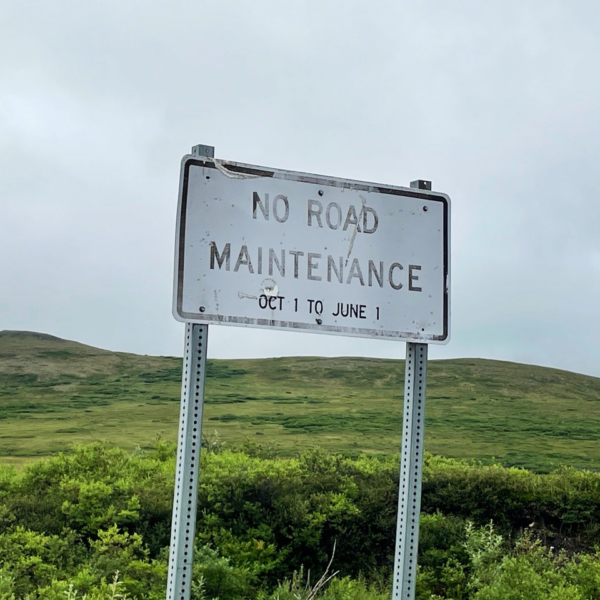
Please login to post a comment...